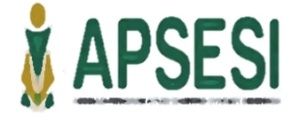THE ROLE OF WAQF ON HALAL INDUSTRY AND ISLAMIC ECONOMIC DEVELOPMENT IN INDONESIA: A SWOT ANALYSIS
Abstract
This study aims to analyze the strengths, weaknesses, opportunities, and threats as well as strategies for the role of waqf on halal industry and Islamic Economy development in Indonesia. This research is a qualitative descriptive study using literature study methods and SWOT analysis techniques. The results of the study show that the strengths of waqf in Indonesia lie in the existence of well-established waqf institutions, the existence of a Waqf Core Principle (WCP) as a guideline and the existence of a scheme that integrates social funds and commercial funds. However, Indonesia’s waqf also has several weaknesses, namely the not-yet optimal digitalization of user-friendly waqf collection, the lack of development of instruments that integrate waqf with merchant products, the large number of individual nazirs who are not registered and do not work full-time, and the distribution of most of the waqf funds to sectors that are relatively less productive. Meanwhile, the opportunities for waqf in Indonesia lie in the increasing diversity of multipayment services on various e-commerce sites, the high intention to donate from the Indonesian people, the increasing number of universities that specifically teach Sharia economics. However, the threats that must be faced are the lack of awareness regarding cash waqf, the lack of public literacy about waqf, and the dominant public perception of traditional waqf. Several strategic programs that can be carried out include: (1) increasing waqif and public awareness of waqf; (2) strengthening the waqf ecosystem; and (3) strengthening the institutional integration of zakat institutions.
Keywords
Full Text:
PDFReferences
Ab Shatar, W. N., Hanaysha, J. R., & Tahir, P. R. (2021). Determinants of cash waqf fund collection in Malaysian Islamic banking institutions: empirical insights from employees’ perspectives. ISRA International Journal of Islamic Finance, 13(2), 177–193.
Abas, F. N., & Raji, F. (2018). Factors contributing to inefficient management and maintenance of waqf properties: a literature review. International Journal of Islamic and Civilization Studies, 5(3), 53–67.
AbdulKareem, I. A., Mahmud, M. S., Elaigwu, M., & Ganiyy, A. F. A. (2021). Mitigating the effect of Covid-19 on the society through the Islamic social finance. The Journal of Management Theory and Practice (JMTP), 57–61.
Adinugraha, H. H., & Shulhoni, M. (2023). Islamic social finance in Indonesia: Opportunities, challenges, and its role in empowering society. Review of Islamic Social Finance and Entrepreneurship, 2(1), 45–62. doi: https://doi.org/10.20885/RISFE.vol2.iss1.art4.
Ahmad, M. (2019). An empirical study of the challenges facing zakat and waqf institutions in Northern Nigeria. ISRA International Journal of Islamic Finance, 11(2), 338–356.
Ahmadan, D. (2020). Keuangan Sosial Islam dalam Menghadapi Wabah Covid–19. La Riba: Jurnal Perbankan Syariah, 1(02), 1–15.
Arijuddin, A. M., & Nurwahidin, N. (2023). Optimalisasi Peran Wakaf dalam Pengembangan Pariwisata Halal di Indonesia. Jesya (Jurnal Ekonomi Dan Ekonomi Syariah), 6(1), 422–435.
Atabik, A. (2016). Strategi Pendayagunaan dan Pengelolaan Wakaf Tunai di Indonesia. ZISWAF: Jurnal Zakat Dan Wakaf, 1(2), 1–21.
Azman, S. M. M. S., & Ali, E. R. A. E. (2019). Islamic social finance and the imperative for social impact measurement. Al-Shajarah: Journal of the International Institute of Islamic Thought and Civilization (ISTAC), (Special Issue: Islamic Banking And Finance 2019), 43–68.
Badan Wakaf Indonesia (BWI). (2019a). Daftar Nazhir Wakaf Uang – Update Oktober 2019. Retrieved April 29, 2023, from https://www.bwi.go.id/3912/2019/10/31/daftar-nazhir-wakaf-uang-update-oktober-2019/.
Badan Wakaf Indonesia (BWI). (2019b). Data Wakaf Tanah. Retrieved April 29, 2023, from https://www.data.bwi.go.id/wakaf-tanah/
Badan Wakaf Indonesia (BWI). (2021). Menelisik Manfaat Potensi Wakaf Uang untuk Bantu Kaum Dhuafa. Retrieved April 29, 2023, from https://www.bwi.go.id/5926/2021/02/05/menelisik-manfaat-potensi-wakaf-uang-untuk-bantu-kaum-dhuafa/
Bappenas. (2018). Masterplan Ekonomi Syariah Indonesia 2019-2024 Hasil Kajian Analisis Ekonomi Syariah di Indonesia (1st ed.; Deputi Bidang Ekonomi, Ed.). Jakarta: Kementerian Perencanaan Pembangunan Nasional/ Badan Perencanaan Pembangunan Nasional.
Biancone, P., Ahmed, M. R., & Salem, M. (2019). Social finance and financing social enterprises: an Islamic finance prospective. European Journal of Islamic Finance, 1–7.
Charities Aid Foundation (CAF). (2022). World Giving Index 2022: A global view of giving trends. London. Retrieved from https://www.cafonline.org/docs/default-source/about-us-research/caf_world_giving_index_2022_210922-final.pdf
David, F. R. (2006). Manajemen Strategis: Konsep (10th ed.). Jakarta: Salemba Empat.
Diallo, A. T., Gundogdu, A. S., & Diallo, A. T. (2021). Economic Empowerment, Zakat, Waqf, and Social Infrastructure. Sustainable Development and Infrastructure: An Islamic Finance Perspective, 77–93. doi: 10.1007/978-3-030-67094-8_5
DinarStandard. (2019). State of the Global Islamic Economy Report 2019/20: Driving the Islamic Economy Revolution 4.0. Retrieved January 29, 2023, from https://cdn.salaamgateway.com/special-coverage/sgie19-20/fullreport.pdf.
Djamba, Y. K. (2002). Social research methods: Qualitative and quantitative approaches. Teaching Sociology, 30(3), 380. doi: http://dx.doi.org/10.2307/3211488.
Finterra Waqf Chain. (2020). Reviving the power of waqf through Blockchain Technology. Retrieved April 30, 2023, from https://mywaqf.com/.
Haq, A. F. (2012). Wakaf kontemporer, dari teori ke aplikasi. Maliyah: Jurnal Hukum Bisnis Islam, 2(2), 391–410. doi: https://doi.org/10.15642/maliyah.2012.2.2.%25p.
Hassan, M. K., Muneeza, A., & Sarea, A. M. (2021). Impact of COVID-19 on Islamic social finance. In COVID-19 and Islamic Social Finance (pp. 9–23). Routledge.
Huda, N. (2021). Waqf Blockchain in Indonesia. Al-Awqaf: Jurnal Wakaf Dan Ekonomi Islam, 14(1), 31–49.
Ifediora, O., & Nzekwe, J. (2014). Organization’s stability and productivity: the role of SWOT analysis an acronym for strength, weakness, opportunities and threat. International Journal of Innovative and Applied Research, 2, 23–32. Retrieved from https://www.researchgate.net/publication/292747707_Organization’s_stability_and_productivity_the_role_of_SWOT_analysis_an_acronym_for_strength_weakness_opportunities_and_threat.
Iskandar, A., Possumah, B. T., & Aqbar, K. (2020). Peran Ekonomi dan Keuangan Sosial Islam saat Pandemi Covid-19. Jurnal Sosial Dan Budaya Syar-I, 7(7), 625–637. doi: https://doi.org/10.15408/sjsbs.v7i7.15544.
Islamic Research and Training Institute (IRTI). (2015). Islamic Social Finance Report 1436H (2015). Jeddah, KSA. Retrieved from https://irti.org/product/islamic-social-finance-report-1436h-2015/
John, W. C. (2013). Research Design Pendekatan Kualitatif, Kuantitatif dan Mixed. Yogyakarta: Pustaka Pelajar.
Junarti, J., Alhabshi, S. M., Mardika, I. H., & Anwar, S. (2021). Sustainability of Waqf Muhammadiyah: A Historical Study from Past to Present. The International Journal of Business Review (The Jobs Review), 4(1), 41–54.
Khanifa, N. K. (2018). Penguatan Peran Ziswaf dalam Menyongsong Era SDGs: Kajian Filantropi BMT Tamzis Wonosobo. Cakrawala: Jurnal Studi Islam, 13(2), 149–168.
Kuanova, L. A., Sagiyeva, R., & Shirazi, N. S. (2021). Islamic social finance: a literature review and future research directions. Journal of Islamic Accounting and Business Research, 12(5), 707–728.
Laila, N., Ratnasari, R. T., Ismail, S., Hidzir, P. A. M., & Mahphoth, M. H. (2022). The intention of small and medium enterprises’ owners to participate in waqf: the case of Malaysia and Indonesia. International Journal of Islamic and Middle Eastern Finance and Management, (ahead-of-print).
Nafar, N. (2019). The investment of waqf properties and infrastructure development. Revitalization of Waqf for Socio-Economic Development, 1, 285–308. doi: 10.1007/978-3-030-18445-2_14
Nafi’Hasbi, M. Z., & Widayanti, I. (2022). Optimization of Management of Islamic Philanthropy Based on Productive Ownership Efforts for Empowering the Economic Independence. ISLAMICONOMIC: Jurnal Ekonomi Islam, 13(1), 91–110. doi: https://doi.org/10.32678/ijei.v13i1.403.
Nour Aldeen, K., Ratih, I. S., & Sari Pertiwi, R. (2022). Cash waqf from the millennials’ perspective: a case of Indonesia. ISRA International Journal of Islamic Finance, 14(1), 20–37.
OECD. (2020). OECD Policy Paper: How Islamic Finance Contributes To Achieving The Sustainable Development Goals. Retrieved from https://read.oecd.org/10.1787/ac1480ca-en?format=pdf.
Othman, Y. H., Cheumar, M., & Abdullah, N. (2022). The Role of Islamic Social Finance Instruments in Reviving the Economy during the Covid-19 Pandemic Crisis in Malaysia. International Journal of Academic Research in Business and Social Sciences, 12(6), 807–819.
Owais, M., & Ali, J. (2023). Waqf management reform: A pathway to alleviate poverty within Muslim societies. Journal of Emerging Economies and Islamic Research, 11(1), 57–70.
Pratiwi, N. P. L., & Sudiarta, M. (2019). Alternative Marketing Strategies For Low Season Period At Courtyard By Marriott Bali Seminyak Resort. Journal of Applied Sciences in Travel and Hospitality, 2(2), 109–119. doi: https://dx.doi.org/10.31940/jasth.v2i2.1424.
Putra, P., & Isfandayani, I. (2020). Challenges in Management of Baitul Maal wa Tamwil Based on Waqf. 2nd Social and Humaniora Research Symposium (SoRes 2019), 562–565. Atlantis Press.
Rangkuti, F. (1998). Analisis SWOT teknik membedah kasus bisnis. Gramedia Pustaka Utama.
Razak, S. H. A. (2020). Zakat and waqf as instrument of Islamic wealth in poverty alleviation and redistribution: Case of Malaysia. International Journal of Sociology and Social Policy, 40(3/4), 249–266.
Rehman, A. (2019). Islamic finance for social good. Retrieved from https://www.undp.org/content/undp/en/home/blog/2019/IFN_ANNUAL_GUIDE_2019_Islamic _Social_Finance.html.
Riani, R., & Fatoni, A. (2022). Waqf on Infrastructure: How Far has been Researched? International Journal of Waqf, 2(2).
Rohim, A. N. (2021). Optimalisasi Wakaf sebagai Instrumen Pembiayaan UMKM untuk Pengembangan Industri Halal: The Optimization of Waqf as a MSME Financing Instrument for the Halal Industry Development. Jurnal Bimas Islam, 14(2), 311–344.
Rusydiana, A. S., Hidayat, Y., Widiastuti, T., & Rahayu, S. S. (2021). Cash Waqf for Developing Islamic Economy: Case Study in Indonesia. Al-Uqud: Journal of Islamic Economics, 5(1), 43–59.
Shehzad, M. W., Khan, A. J., & Majid, A. (2022). Role of Waqf in poverty mitigation: A study from South Punjab Pakistan. Journal of Banking and Social Equity (JBSE), 1(2), 137–146.
Syamsuri, S., & Mokan, Z. A.-M. (2021). Strategy of Islamic philanthropy management for economic empowerment at BMH Gerai Ponorogo using SWOT approach. International Journal of Islamic Business, 6(1), 59–77.
Tanjung, H., & Windiarto, A. (2021). Role of cash waqf linked sukuk in economic development and international trade. Signifikan: Jurnal Ilmu Ekonomi, 10(2), 275–290.
Thomson Reuters. (2013). Dubai seeks global support for Islamic endowment reforms. Retrieved April 30, 2023, from https://www.reuters.com/article/islamic-endowments-dubai-idUKL5N0J527X20131121.
Umar, U. H. (2021). Adapting the Al Rajhi Waqf model to mitigate the impact of covid-19 on the Ummah: a lesson to Muslim philanthropists. In COVID-19 and Islamic Social Finance (pp. 133–147). Routledge.
UNHCR. (2019). UNHCR Zakat Program: 2019 Launch Report. Retrieved from https://zakat.unhcr.org/hk/wpcontent/uploads/2019/04/UNHCR-Annual-Zakat-Report-2019-En.pdf.
Usman, M., & Ab Rahman, A. (2021). Financing higher education through waqf in Pakistan: issues and challenges. Jurnal Pengurusan, 62, 159–171.
Winarto, A. J., Fageh, A., & Masduqie, M. H. A. (2021). Peran Cash Waqfh Linked Sukuk (CWLS) dalam optimalisasi pemulihan ekonomi nasional di masa pandemi. IQTISHADIA Jurnal Ekonomi & Perbankan Syariah, 8(2), 152–161.
Zauro, N. A., Saad, R. A. J., Ahmi, A., & Mohd Hussin, M. Y. (2020). Integration of Waqf towards enhancing financial inclusion and socio-economic justice in Nigeria. International Journal of Ethics and Systems, 36(4), 491–505.
DOI: http://dx.doi.org/10.30984/tjebi.v8i1.2372
Article Metrics
Abstract view : 960 timesPDF - 624 times
Refbacks
- There are currently no refbacks.
Copyright (c) 2023 Tasharruf: Journal Economics and Business of Islam
License URL: https://creativecommons.org/licenses/by-nc/4.0/
Tasharruf: Journal Economics and Business of Islam is indexed by:
 |
 |
 |
 |
 |
|
 |
 |

This work is licensed under a Creative Commons Attribution-NonCommercial 4.0 International License.
________________________________________________________
Tasharruf: Journal Economics and Bussiness of Islam is published by Fakultas Ekonomi dan Bisnis Islam, Institut Agama Islam Negeri (IAIN) Manado
Jl. Dr. S. H. Sarundajang Kawasan Ring Road I Malendeng Manado, Sulawesi Utara, Indonesia 95128
Email: [email protected]
ISSN Print: 2528-0317 ISSN Online: 2528-0325


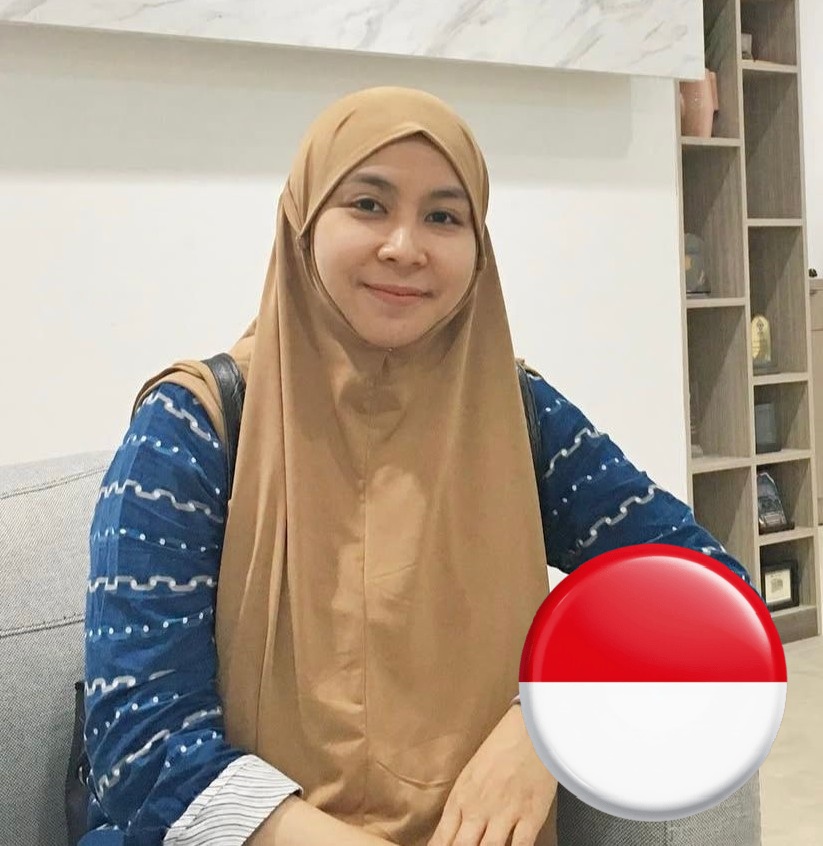

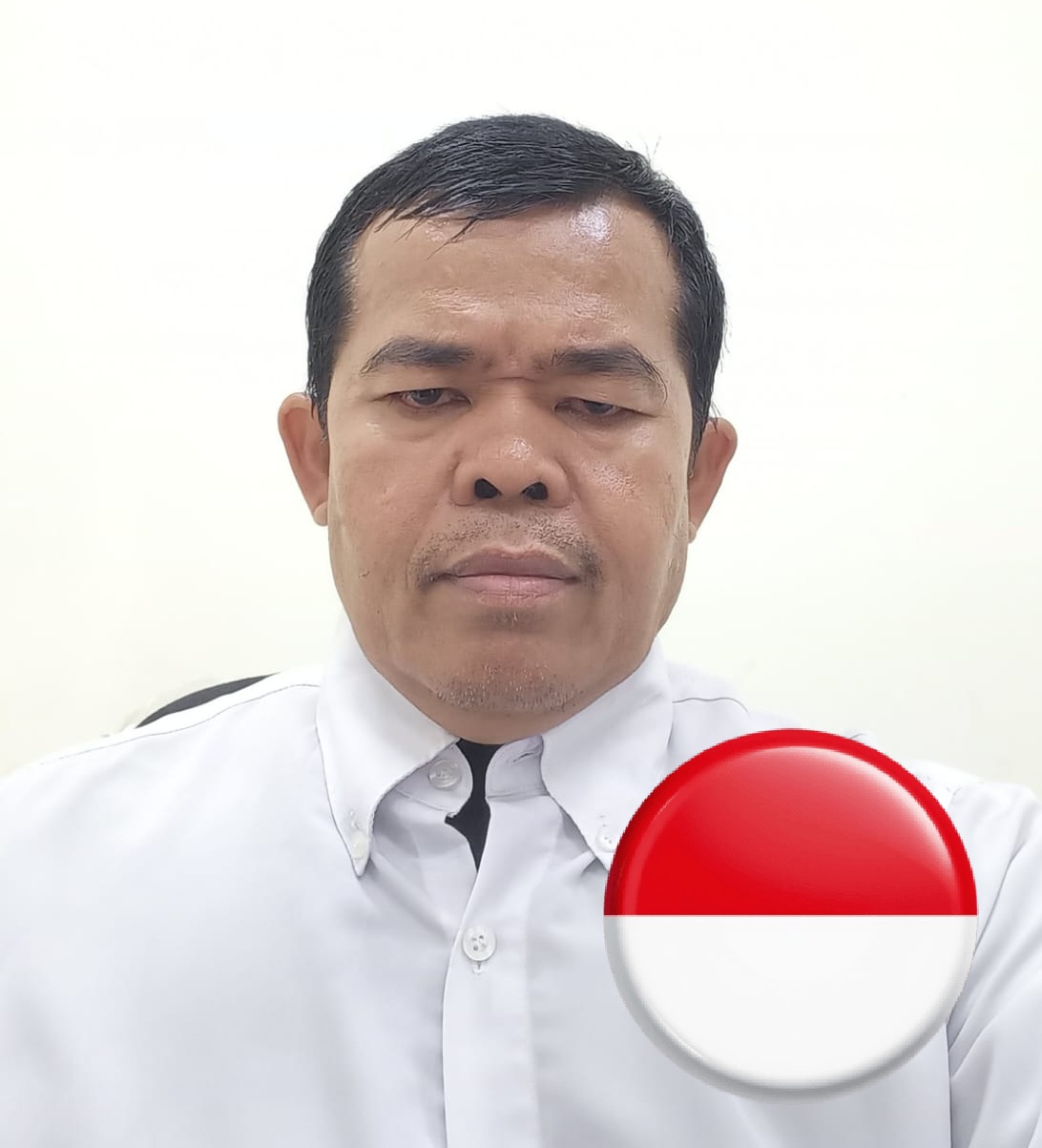
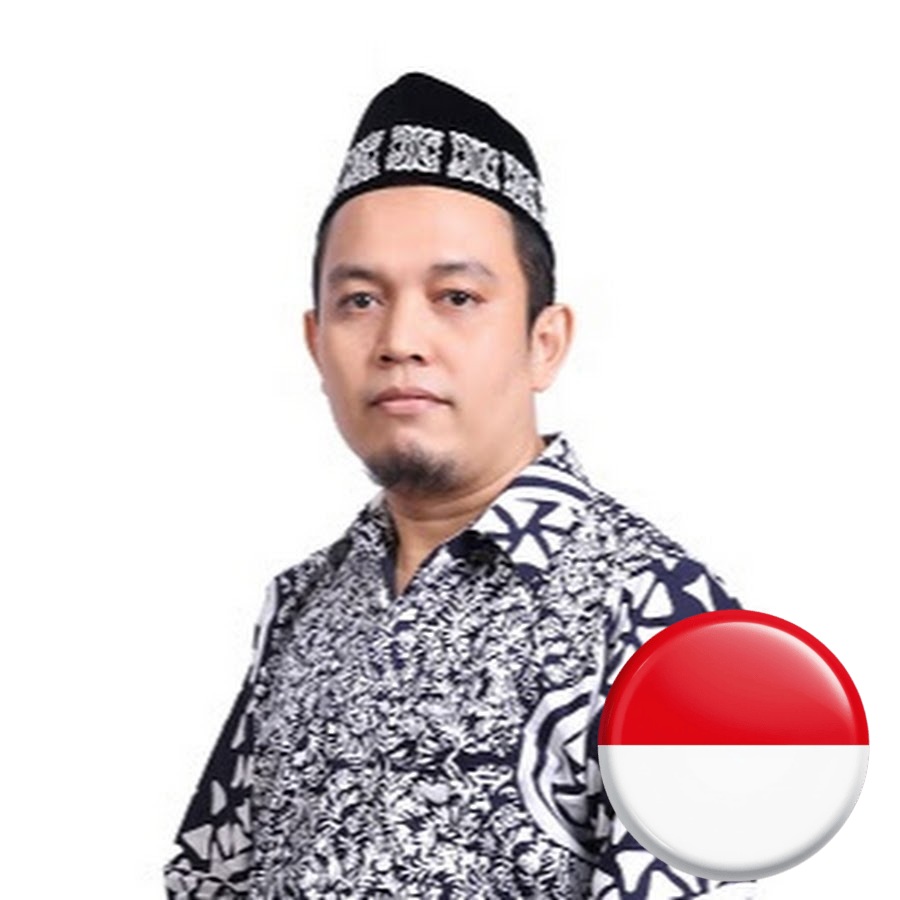
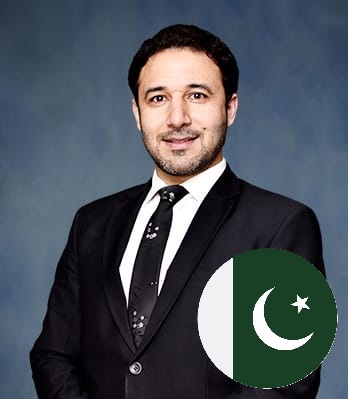


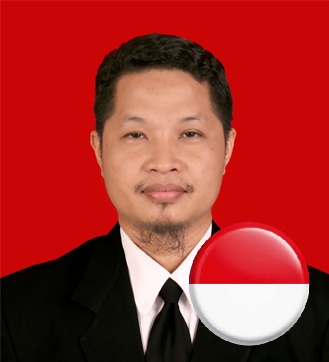


1.png)
